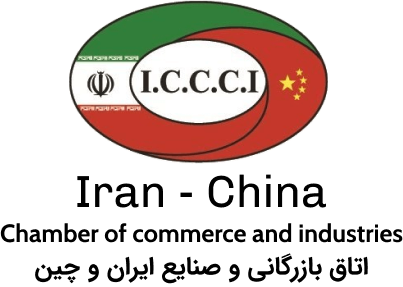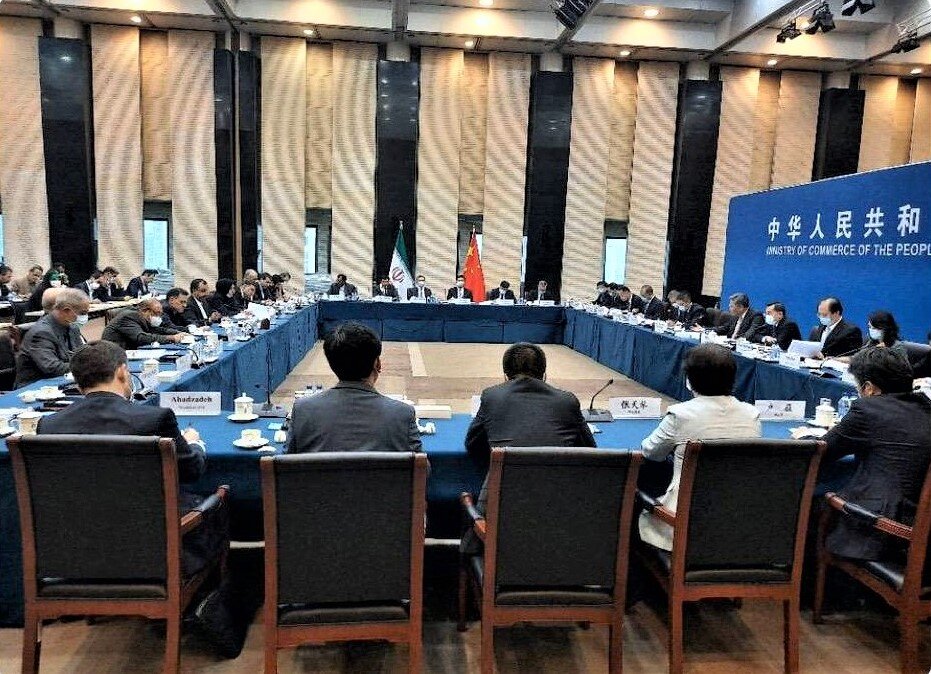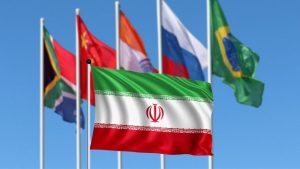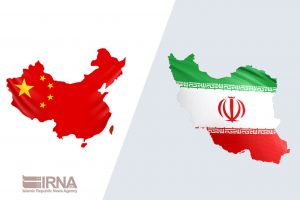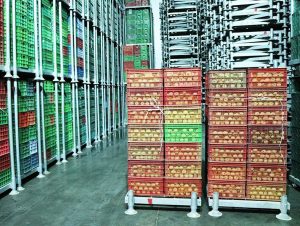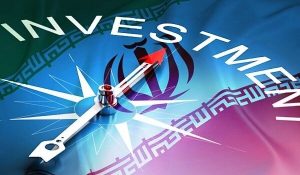The agreements signed between Iran and China during President Raisi’s trip to Beijing in mid-February were turned into specified projects during the two countries’ joint cooperation committee meeting, the Iranian finance and economic affairs minister announced.
Ehsan Khandouzi left Tehran for Beijing on Wednesday night to attend the Iran-China Joint Cooperation Committee meeting, which was held after four and half years.
“With the constructive atmosphere of the committee, we will soon witness good events in the fields of business and investment”, the official wrote on his Twitter account on Sunday.
Iran and China signed 20 memoranda of understanding in the presence of the presidents of the two countries in Beijing in mid-February.
Heading a high-ranking delegation, Iran’s President Ebrahim Raisi was on a three-day state visit to China starting February 14.
During President Raisi’s visit to China, Tehran and Beijing signed a number of bilateral cooperation documents in the fields of agriculture, trade, tourism, environmental protection, health, disaster relief, culture, and sports.
The documents include agreements in the field of transportation and industry worth $12 billion and $3.5 billion, respectively; the agreements cover various joint projects like the high-speed rail link between Tehran and Mashhad, and investment in the Imam Khomeini Airport City.
Investment in Iran’s southeastern Mokran Coast and the purchase of Iranian oil were also mentioned in the documents.
Raisi’s visit served as an example of the high level of mutual trust between China and Iran, as well as a milestone for bilateral ties.
According to Majid-Reza Hariri, the head of the Iran-China Joint Chamber of Commerce, considering the opportunities presented by the two countries’ 25-year strategic agreement, the trade between Iran and China can be increased three-fold.
“In the worst conditions created by sanctions, our trade with the Chinese reached about 24 billion dollars, and we can increase this figure by at least three times, Hariri said.
China is one of Iran’s main trade partners that has maintained strong trade ties with the Islamic Republic despite the strict U.S. sanctions.
Iran and China officially signed the document for 25-year comprehensive cooperation in March 2021.
The document was signed between Iran’s former Foreign Minister Mohammad Javad Zarif and Chinese Foreign Minister Wang Yi at the Iranian Foreign Ministry.
Back in December 2022, Iran and China finalized 16 memorandums of understanding (MOU) under the framework of the two countries’ strategic 25-year agreement.
The MOUs were signed in an Iran-China comprehensive cooperation program summit which was held in Tehran on December 13 in the presence of Iran’s First Vice President Mohammad Mokhber and China’s Vice Premier Hu Chunhua.
The summit was focused on four areas explored by four committees between the two countries with the aim of paving the way for the implementation of the 25-year agreement.
Back in early April, the Chinese ambassador to Tehran said this year is a good year for Iran-China relations.
Chang Hua made the remarks in a meeting with the members of the Iran-China Joint Chamber of Commerce and a number of Iranian traders and businessmen, who conduct trade with China, held at the place of the Iran Chamber of Commerce, Industries, Mines, and Agriculture (ICCIMA) in Tehran.
Referring to China’s growing economy, the envoy said this year is a good year for Iran-China relations, adding that during the meeting between the leaders of the two countries, important agreements were made, including the implementation of the 25-year cooperation agreement between the two countries, and a number of bilateral cooperation documents were signed in the fields of agriculture, tourism, culture, relief, and rescue, etc.
Majid-Reza Hariri, the head of the Iran-China Joint Chamber, also emphasized the desire of Iran’s private sector to develop business relations with China and said there are obstacles in this direction. Among other things, issuing visas for Iranian businessmen, especially for their presence at trade fairs in China, is associated with problems, and facilitating it will definitely help the development of relations between the two sides.
